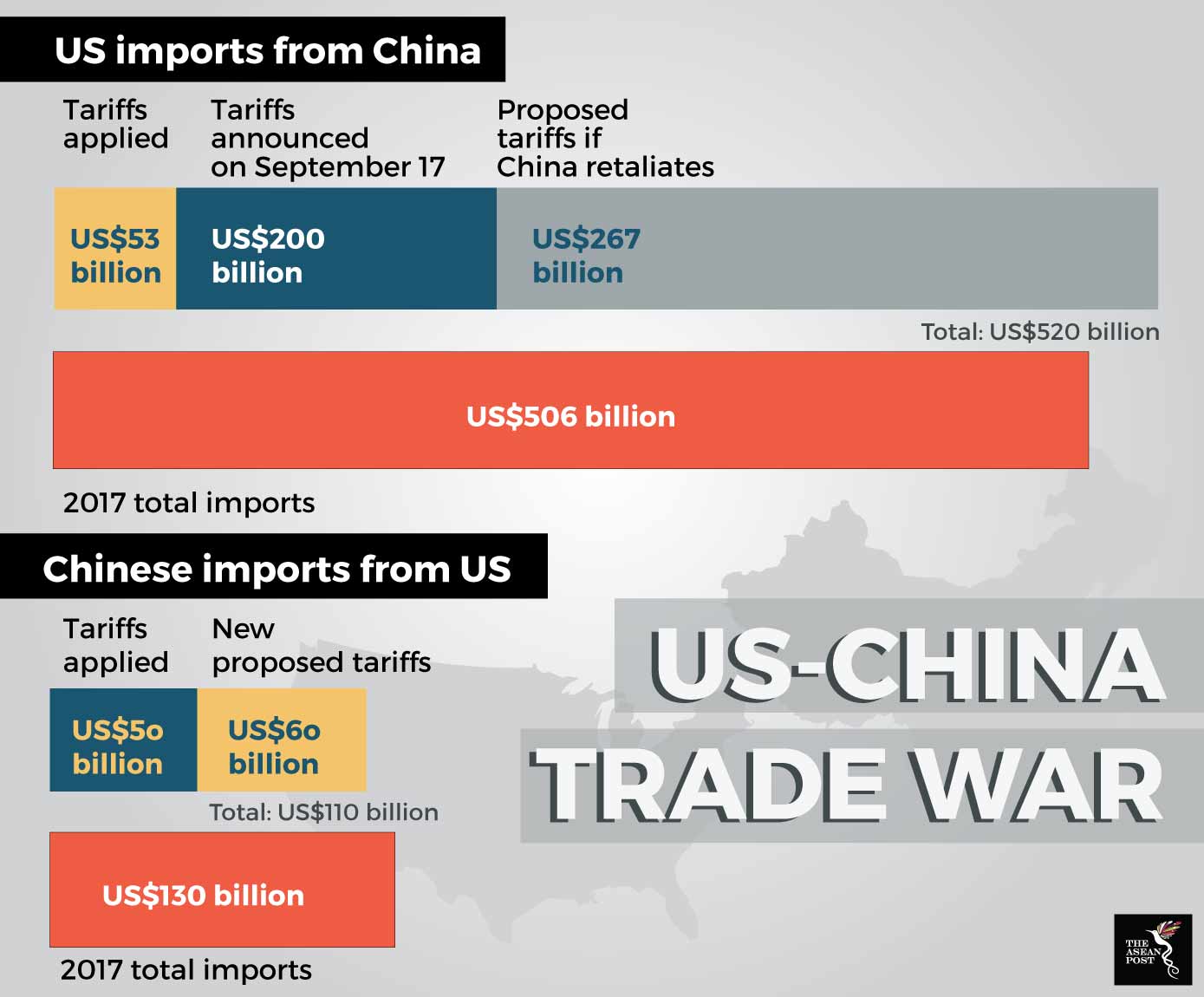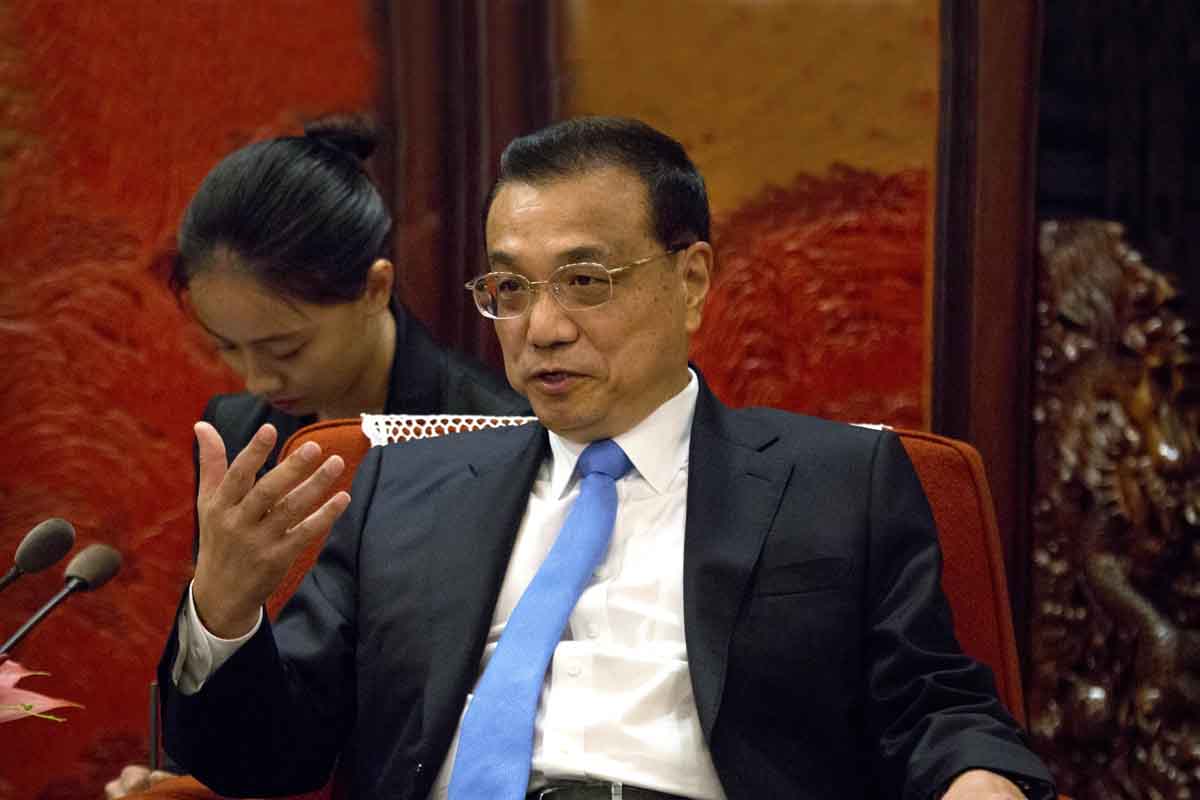After three days of meetings and forums, this year’s 12th Annual Meeting of the New Champions, also known as Summer Davos in Asia came to an end yesterday. Held in the northern Chinese city Tianjin, this year’s Summer Davos carried the theme of “Shaping Innovative Societies in the Fourth Industrial Revolution” which attracted 2,000 business leaders, policymakers and experts from over 80 countries.
Staying true to the theme, discussions surrounding the Fourth Industrial Revolution took centre stage throughout the summit. Various issues were discussed including Artificial Intelligence (AI), the prospect of job automation and cryptocurrency.
At this year’s Summer Davos, the World Economic Forum (WEF) released their latest “Future of Jobs” report which looks at the trends expected in the 2018-2022 period across 20 economies and 12 industry sectors. The report found that high-speed mobile internet, artificial intelligence, big data analytics, and cloud technology are set to spearhead companies’ adoption of new technologies between 2018 and 2022. As a result of this, investment in automation is expected to spike. According to the report, 75 million current job roles may be displaced by the shift in the division of labour between humans, machines and algorithms, while 133 million new job roles may emerge at the same time.
This could cause major disruption as a large segment of the population has to be reskilled or they may lose their jobs. Founding Director of Participle Hilary Cottam who was one of the panellists at the report launch says that current methods of supporting workers may need a transformation. “The transition is going to be bloody at best. We need to reinvent new forms of support. Social and labour institutions needs to change radically,” she said.
 Source: World Economic Forum Future of Jobs report
Source: World Economic Forum Future of Jobs report
Another key event at Summer Davos was the launch of China Money Network’s study of more than 500 Chinese AI companies. In their study it was discovered that a total of 14 Chinese AI companies are unicorns, or private start-up companies valued at US$1 billion or more. The report also listed the top 50 AI companies in China, which included the likes of DJI, Unisound, and Turing Robot.
Trade war
With the event being held in China, the elephant in the room could not be avoided. The escalating trade war between the United States (US) and China were also hot on delegates’ lips. Tensions between the two countries recently increased as US President Donald Trump announced that he had approved tariffs on the import of products including furniture, computers and car parts. These products will be hit with duties of 10 percent. China has retaliated by promising duties on US$60 billion worth of American exports.
 Source: Various
Source: Various
At the opening plenary of the Summer Davos, Chinese Premier Li Keqiang vowed that China will survive the trade war. “China’s development over the past decades has always been achieved by overcoming all sorts of different obstacles and challenges,” he said. “Each time, we managed to pull through.”
Li Keqiang also addressed speculation that China would devalue its currency to boost its exports.
“China is steadfast in its commitment to a market-oriented exchange rate reform,” he affirmed. “We will not engage in competitive devaluation; we will work to create conditions for keeping the value of the yuan stable. We will not engage in competitive devaluation; we will work to create conditions for keeping the value of the yuan stable.”
In a session discussing the trade war, Timothy P. Stratford, Managing Partner at Covington & Burling said that we should all be concerned as it looks like the deadlock between the two countries could be long and a solution may not arise for a while.
Meanwhile other panellists agreed that international institutions and rules are now too weak and free trade has been undermined. Wendy Cutler, a former trade negotiator for the US government said that many have become sceptical of free trade and Trump’s decision to pull out of the Trans Pacific Partnership Agreement (TPP) was a mistake. She also highlights that it has been 25 years since World Trade Organisation (WTO) rules have been updated and its role in the current climate has been increasingly pushed to the side-lines.
Related articles:
WEF on ASEAN: Asking the difficult questions
WEF Technology Pioneers: Initiating global change
